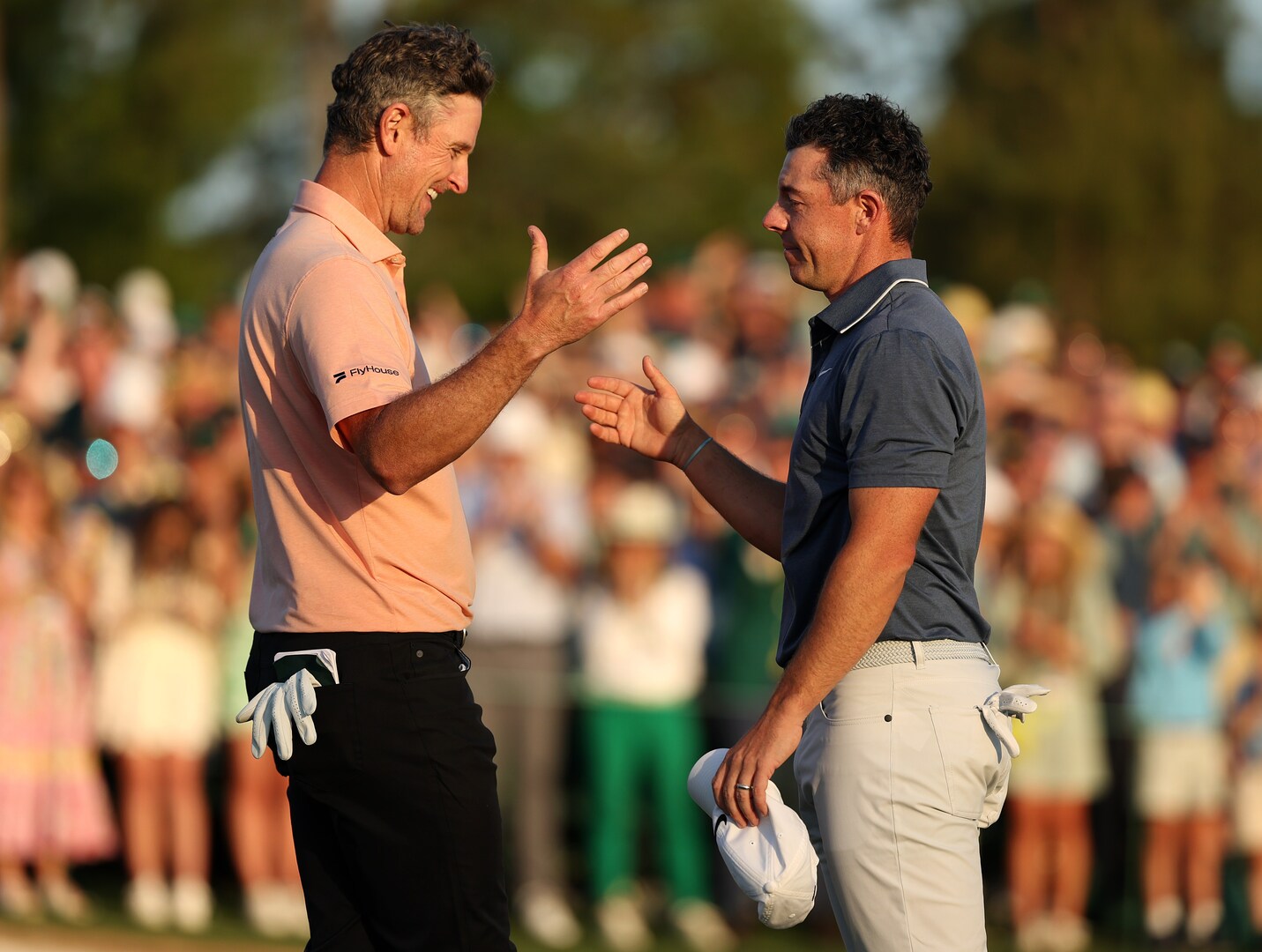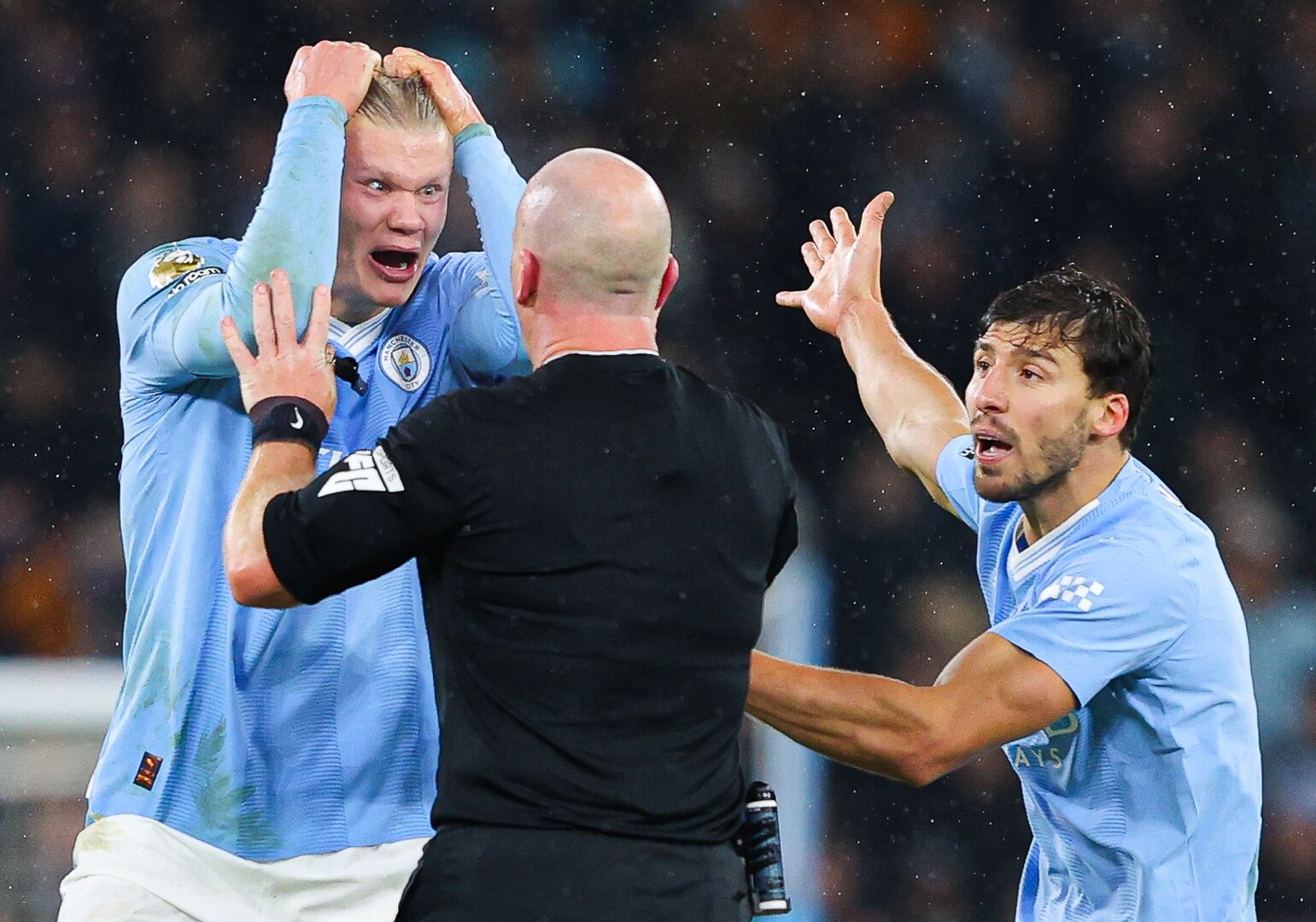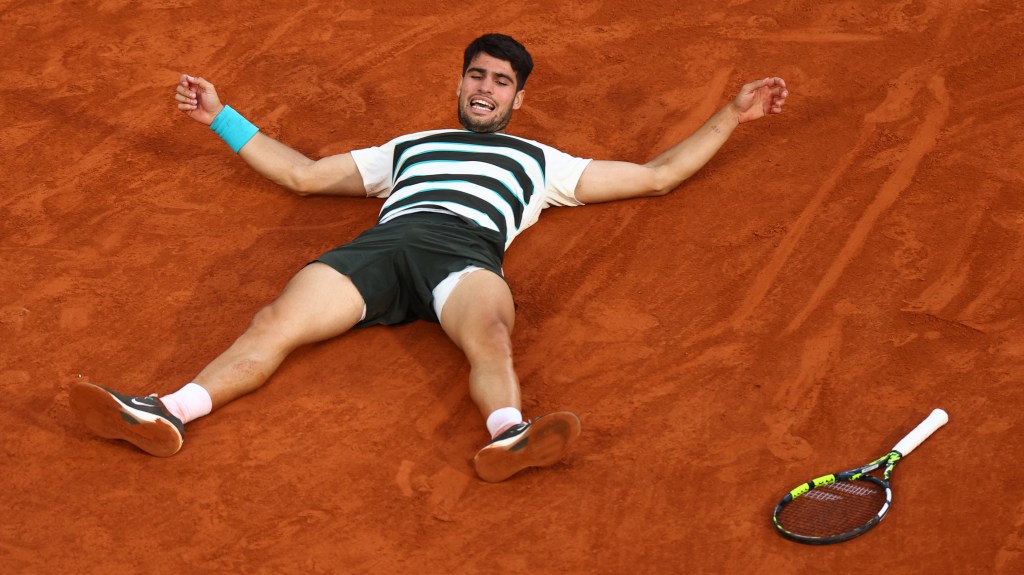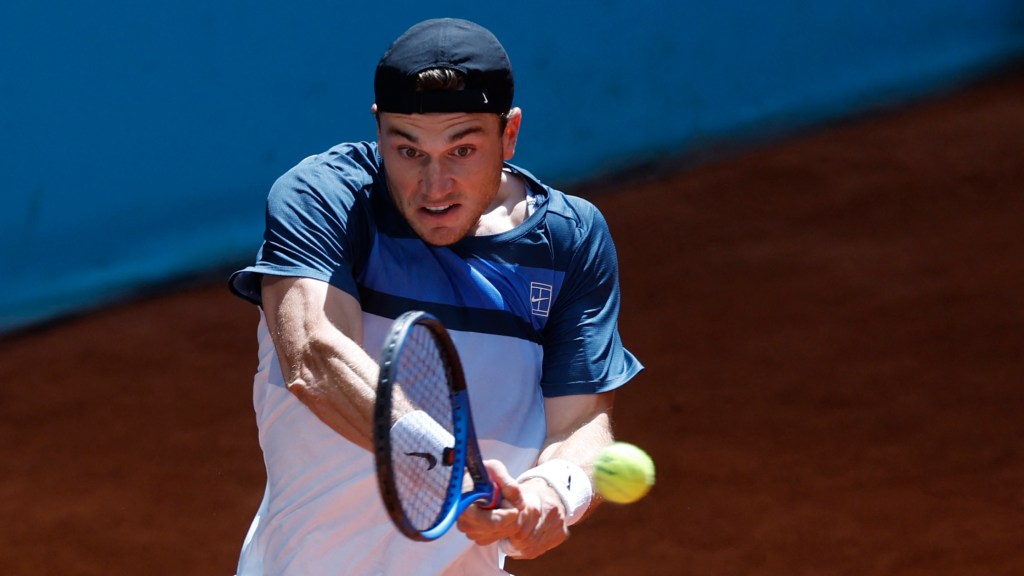Justin Rose’s Poise at the Masters Shines Amidst a Culture of Poor Sportsmanship
The most remarkable sporting moment for me this year occurred not during Rory McIlroy’s incredible shot on the 15th hole or his near-perfect approach on the first playoff hole, but rather in the poignant moment that followed. Justin Rose, an exceptional golfer and a commendable sportsman, witnessed McIlroy drop to his knees in elation, tears streaming down his face after claiming the coveted Green Jacket. Rose’s reaction was one of genuine warmth and sportsmanship, rather than bitterness over losing the title he has sought for so long.
From a distance, while I was thousands of miles away aboard a boat on the Mekong River in Vietnam, Rose’s response resonated deeply with me. “I was glad I was here on this green to witness you win the career grand slam,” Rose told McIlroy, acknowledging his opponent’s joy even as he himself grappled with regret. He extended his hand for a handshake and embraced McIlroy, allowing him to soak in the accolades he momentarily deserved following an agonizing wait for victory.

These instances hold greater significance than the competition itself; they reflect what truly matters. Golf, while enjoyable, is, in the grand scheme, trivial. This view extends beyond golf to various sports, where victories and defeats have no impact on world-changing issues. All sporting events rely on the spectators’ willingness to suspend disbelief; as noted by Simon Barnes: “Sport relies on a paradox: it is trivial in essence but is engaged with fervor as if it bears great weight.”
Grace in defeat is a hallmark of civilization. It reflects a deeper understanding of human dignity. This sentiment echoes Kipling’s notion in his poem ‘If,’ and Plutarch’s wisdom that assesses a person’s character by their response to misfortune.

In today’s world, however, there seems to be a decline in graciousness in defeat. Increasingly, individuals respond to loss with accusations and grievances, blaming opponents or officials, and sometimes weaving elaborate conspiracy theories. This troubling trend is visible across various domains, from sports like football and Formula 1, to the arena of politics, both in the United States and elsewhere.
This shift raises questions: is there a belief emerging that showing grace in loss equates to lacking competitiveness? This perception is misguided. Rivalries like that of Roger Federer and Rafael Nadal, where fierce competition coexists with deep mutual respect, illustrate this perfectly. Their intense battles were complemented by heartfelt tributes to each other’s skills and accomplishments. Federer’s tears in his final match underscored this complex dynamic.
Returning to the Masters, Rose’s performance on that final day was truly commendable. Starting seven shots behind, he displayed remarkable poise, making a series of birdies and demonstrating exceptional skill with his irons and putter. As he reached the 18th hole, the hope for a playoff loomed large, yet ultimately it was McIlroy who secured the victory.
Despite the disappointment of being a runner-up yet again, Rose’s display of humanity on the final green reached far and wide, serving as a counter to some of the negative trends permeating our society.
Sports are often credited with teaching us how to win, yet Rose offered a poignant lesson in how to accept defeat with dignity on that thrilling Sunday at the Masters.




Post Comment